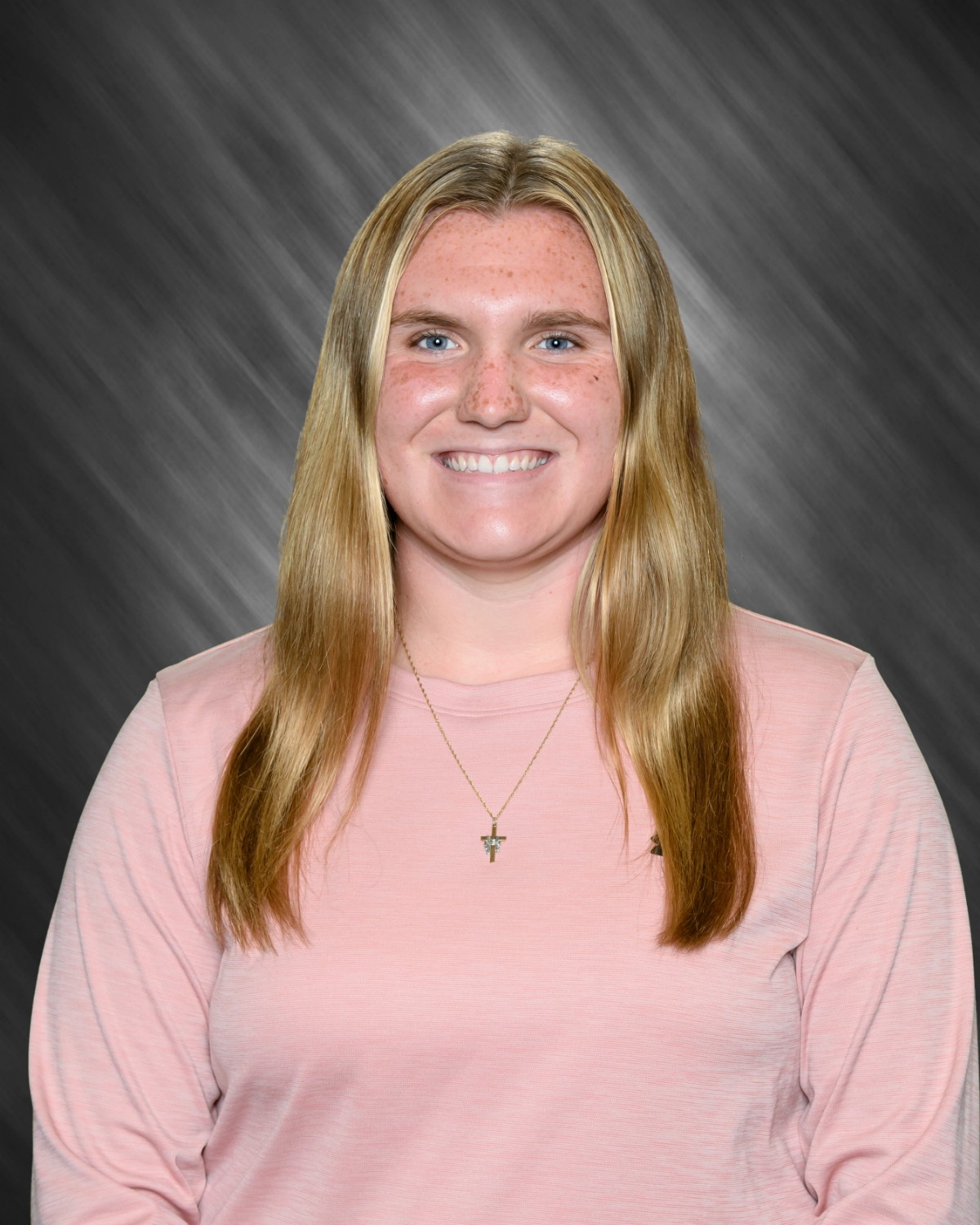Have you ever heard the “Say no to Drug” talks or heard about “Red Ribbon Week?”
Both this organization, and this week of awareness help promote drug use/substance abuse disorders.
As annoying and repetitive as these events can be, one major factor that continues to reel people into substance abuse is the worsening issue of peer pressure.
They’re three major ways that peer pressure can unfold in a student’s life.
Social: Students could be afraid of consequences or impacts if they would say “no” to their friends using substances. For example, a student could be afraid of being judged, losing friends, or being beat up if they turned down drinking at a party.
Modeling: Every person has this internal need to fit in, be seen, or have friends. If they see their friends having a drink or taking pills they are more likely to also participate in the activity, especially if they don’t know right from wrong.
Cognitive: Certain thoughts can be associated with certain actions. If they’re positive they can lead to increased participation, if they’re negative they lead to decreased participation. For example, if a student thinks, “Drinking makes me more fun and enjoyable,” then a student is likely to continue to drink.
The group you hang out with is very important. Many studies and surveys have found that the close group students hang around with have the most impact or control over their behaviors.
They’re ways to prevent peer pressure, but it is very hard.
- Holding your ground, and making eye contact saying “no.”
- Suggest different activities in lieu of substance abuse.
- Make up excuses for why you can’t participate.
- Walk away.
These friend groups who continuously push you to participate in these activities are not worth your time. They’re draining, and can be dangerous, and these people don’t care about you, they care about controlling you.
If students were able to say “no” to people who try to hook them on drugs, there would be a large decrease in substance abuse numbers.
Take this information and think about how you can make an impact in preventing these numbers.
If you know people who are using drugs or alcohol, no matter if they’re your friends or not, tell an adult. It may get them in trouble, but it will ultimately get them the help they need and hopefully they can wash out their addiction with time.
If you are someone who is in an unhealthy friend group or relationship please recognize that those people just want to have a higher power and control over you.
Please realize even though it’s so hard you are worth so much more than those narcissistic people, and seek out of the situation.
If someone comes to you for help admitting they’re in a peer pressure situation, don’t turn them away, instead help them out to the best of your ability.
Change can be made, but we have to be willing to help, and willing to speak up.
| Click here to learn more about peer pressure and substance abuse. |
Featured image (at top): Senior Raigan Fredericks is the Print Editor-in-Chief of The Arrowhead. Her column, “Real Talk with Raigan” addresses issues that affect teens.







Socials